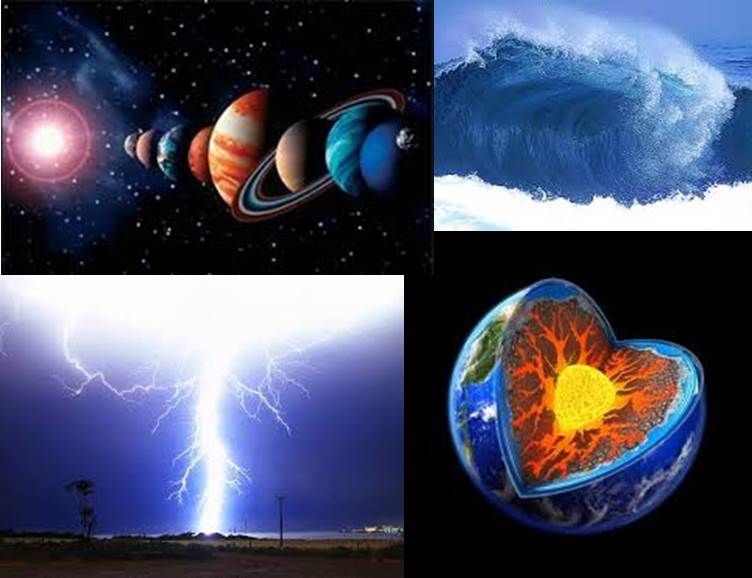
To demonstrate how string instruments work by building our very own miniature guitar from a matchbox. After this experiment you will be able to differentiate static electricity from current electricity and answer the question, “What kind of electricity is produced when you rub two materials of different kinds?” To find out how static electricity is produced. To demonstrate how water displacement causes objects (such as ships) to float rather than sink. After this experiment, you will be able to name the parts of the simple electric circuit and answer the question, “When does electricity flow in the circuit?” To construct a simple electric circuit and identify its parts.
PHYSICS SCIENCE SERIES
To demonstrate how elevators work through a series of pulleys by constructing our own elevator system. After this experiment, you will be able to construct your own parallel circuit and answer the question, “Why are the electrical devices and appliances in the home commonly connected in parallel?” After this experiment, you will realize the importance of the fuse and be able to answer the question, “How can a fuse help prevent fire caused by faulty electrical wiring?”

To demonstrate how sunlight can be intensified through a magnifying glass, concentrating energy to melt an ice cube. To explore how one can create bubbles that are long lasting or permanent. To lift an ice cube from a glass of water using a string. To demonstrate the earth's magnetic force by creating our very own compass in a jar. To identify a hard-boiled egg from among a dozen, the remainder being uncooked eggs and thereby demonstrate the Inertia of an Egg After this experiment you'll be able answer the question "Do larger objects fall faster than lighter ones under the same conditions?" To demonstrate Galileo's falling objects experiment that states "What goes up, must come down". After this experiment you will be able to answer the question, “Why did the glass vibrate when you rubbed your index finger against the rim of the glass?” To determine if friction can cause a glass to vibrate. To demonstrate the principle of buoyancy of warm air. To demonstrate the dynamics of air pressure To put an egg into a bottle and take it out intact using the properties of air pressure. You will be able to see and possibly hear the lightening as it’s created! To create your own lightening using just a few simple tools – things that you are likely to find already in your home or at the grocery store. To build a device that will trace the lines of the Earth's magnetic field.

To find out how electromagnetism works by constructing an electromagnet and be able to answer the question “How does electromagnetism work?” With a Master’s or Doctorate in Physics you can specialize even further for a career in industry, healthcare, academia, etc.To demonstrate Newton's Third Law of Motion by constructing a balloon-powered rocket car. With a Bachelor in Physics you can teach high school physics, work as a lab technician or as an engineer. Half of our Physics graduates usually get hired directly into the workforce, the other half progress to graduate school. As a Physics Major, you will develop several traits useful for employment in all fields, such as skills in programming, numerical literacy, creativity, and problem solving. Career versatility is one of the main benefits of a job in physics, from space and astronomy to education, healthcare, energy, materials, technology and engineering.

Physics opens the door to some of the most rewarding, cutting edge and exciting careers, putting you in the frontline as a scientist ready to improve our future. Students can do research either for credit, within a Special Topics course, or as paid research assistants. All our students have the opportunity to do research, just ask or email one of our faculty. The topics are diverse, from theoretical condensed matter, nanoparticles, soft condensed matter, water filtration, laser and phonon physics, photovoltaic devices and thin film solar cells, to optical astronomy and young sun-like stars, black holes, neutron stars gravitational waves and computational physics. The Physics Department has a wide range of research opportunities available for both undergraduate and graduate students interested in pursuing research.


 0 kommentar(er)
0 kommentar(er)
